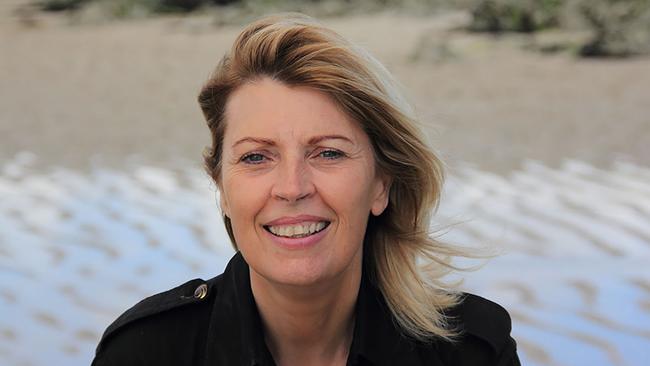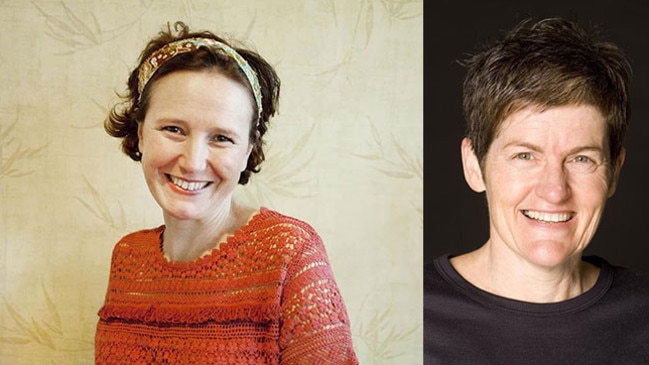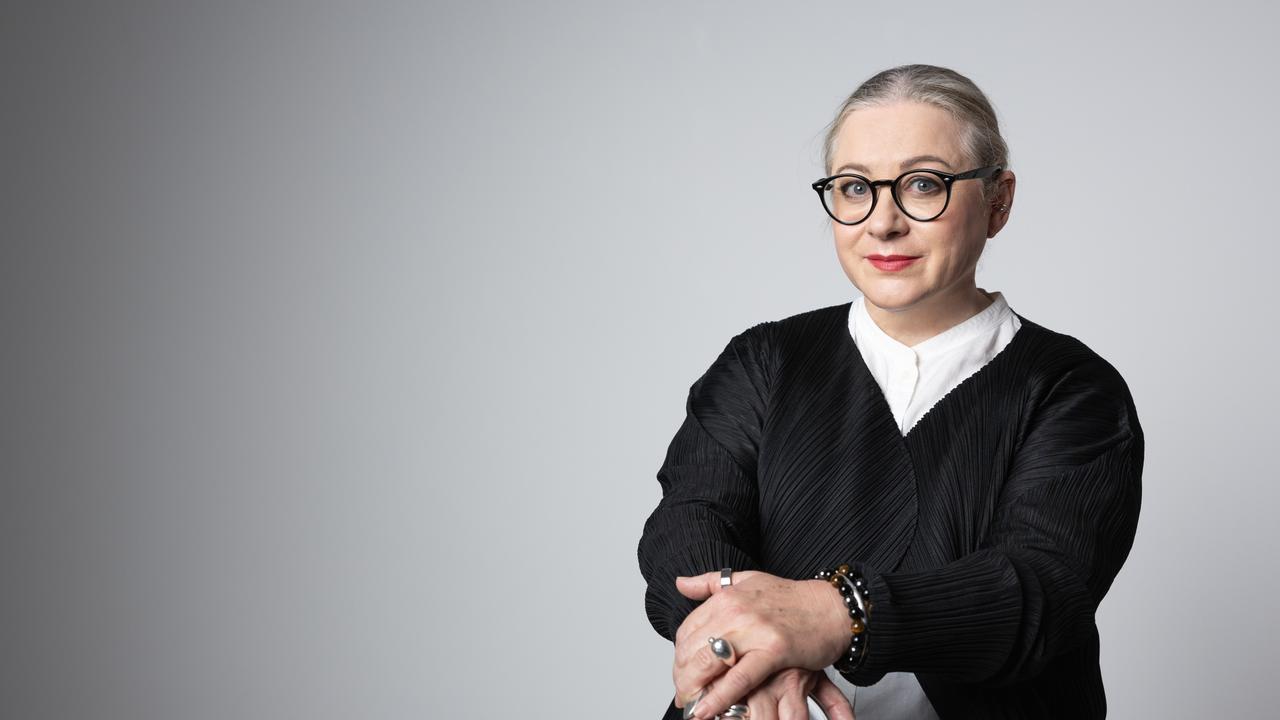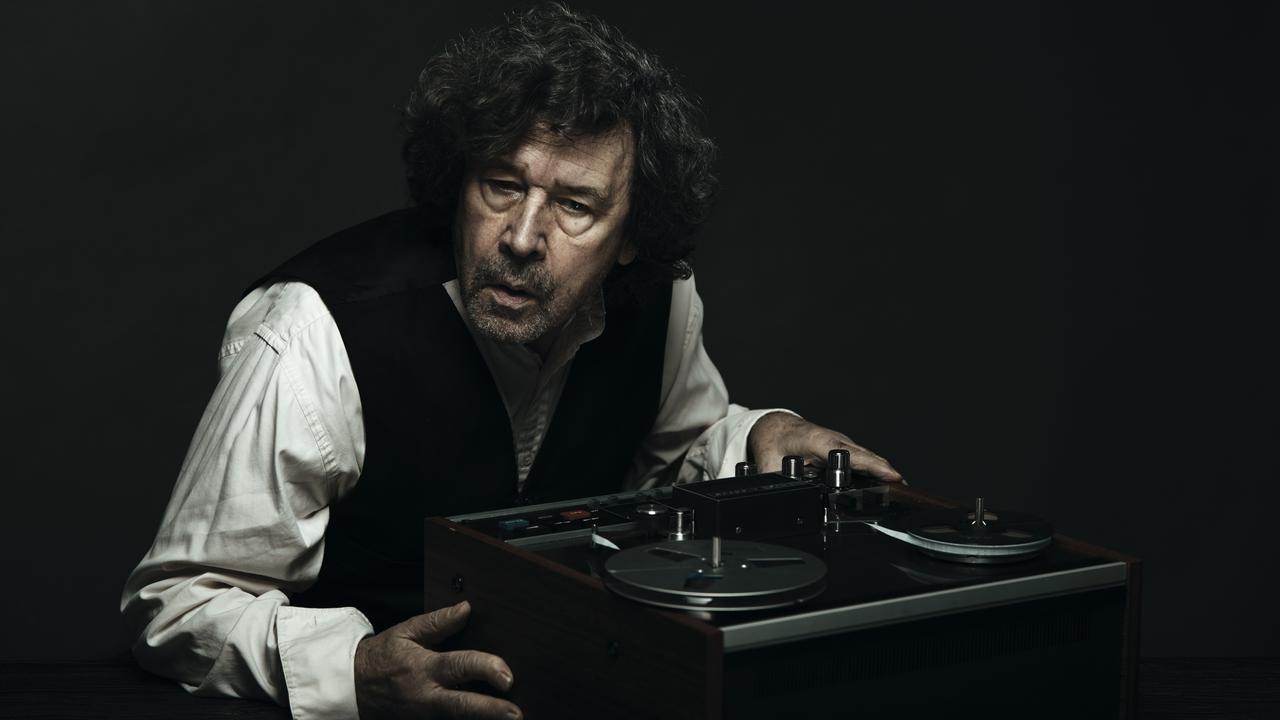Heart-wrenching memoirs by Maude Julien, Nina Riggs, Mary-Rose MacColl
When someone has gone through something life-changingly awful, there is catharsis in writing about it.

When someone has gone through something life-changingly awful, it isn’t hard to understand why they might write about it: there is catharsis in writing. Perhaps less obvious is why we read such stories. The three books under consideration here provide answers.
In The Only Girl in the World, Maude Julien writes about her extraordinary childhood, one she was lucky to have survived. She, her mother and elderly father lived in a mansion in France, rarely having any interaction with the outside world. Maude was home-schooled by her mother. A couple of times a year, “the Killer” spent a few days on their property slaughtering animals and cutting them into portions for the deep freezers, and Maude had to assist. Essentially, though, she was alone with her parents.
One of the many rules was that physical contact was forbidden. Maude knew from books that kids were cuddled before bed, but she did not experience it. Her father, a Marquis de Sade devotee, forced on her horribly abusive conditions. Her freezing cold bedroom was kept unheated and she had to wake after a short night’s sleep by sheer force of will — no alarm clock allowed — to wake her mother at six o’clock every morning. She was given a little stale bread and she ate breakfast alone, standing up.
She was forced to drink large quantities of alcohol, to practise instruments eight hours a day, to sit alone in a dark cellar overnight, to hold on to electric fences. That was not the worst of it. Her body was broken and at one point it was unclear whether her mind might follow. Paris-based Julien is astonishingly articulate and it is no surprise she is now a psychotherapist, specialising in the kind of trauma she experienced. Fortunately, there were pets and books, and in those pages she found friends and saw a life beyond her own.
Through everything, Julien’s is a warm voice. She is lonely and never sure why her mother doesn’t love her, but somehow she believes she could be loved and that she is not all bad. She is extraordinarily intuitive and at some point a shaft of light enters her mind: perhaps her father is wrong. She holds on, just. And then a music teacher appears. Your heart will break out in symphonies. This is an astonishing story, told in lucid, intelligent prose.

American teacher and poet Nina Riggs is a descendant of Ralph Waldo Emerson, and her memoir, The Bright Hour, shows the extent to which she inherited his philosophical bent. She also deploys a fair bit of humour through this book, which focuses on her diagnosis and treatment for cancer and is accompanied by a note explaining she died soon after editing.
Riggs, in her late 30s and with two children and a husband, comes from a long line of folk diagnosed with breast cancer. At first her cancer seems small and manageable, but it surprises her doctor by spreading quickly into her spine. Simultaneous to her diagnosis is her mother dealing with her own cancer, which she dies from during the book.
For a book about loss, grief, pain and quiet suffering, there are many jokes, and Riggs’s constant analysis of how she feels and why she responds to the world the way she does is incredibly insightful. She takes photos of herself along the way. She describes what it is like looking in the mirror with one breast remaining and how the scar of the other breast makes her feel. How she feels lopsided. She jokes about where the missing breast is now.
In her writing, less is more, and she is unfailingly wry. “One big upside of being told I have incurable cancer is that after all these years, my husband has finally stopped smugly saying, ‘It’s your funeral’, when I make a decision he doesn’t agree with.” Either you have that kind of sense of humour or you are lucky enough to be able to afford not to.
Riggs quotes Montaigne, her constant inspiration, as well as her ancestor Emerson, referenced in the book’s title. She keeps a warm and light tone even when talking about the many tests, the waiting for results, and the actual pain of the cancer and its countless treatments. She makes lists of the things she could be doing, and the book becomes a meditation on life and how to live and, in the end, how to die.
She talks about what is important and what she can do without. “I want all of it — all the things to do with living — and I want them to keep feeling messy and confusing and even sometimes boring.” This, then, is why we read these books.
“I was put on Earth to make one decision. I made the wrong decision,” Brisbane writer Mary-Rose MacColl explains in For a Girl. Her family was “more Addams Family than Brady Bunch”, and by the time she was a teenager she was spending a lot of time in the home of one of her teachers. Her relationship with her teacher and her teacher’s husband developed. “I wished they were my parents. I thought they were better than my parents.”
She was sexually groomed by the pair, both in their late 20s. When she became pregnant, she travelled from her home in Brisbane to Melbourne and gave the baby up for adoption. This is the decision she believes was the wrong one, but it is easy to see how it felt like the only road to take.
MacColl painstakingly catalogues her attempts to understand her actions. Her guilt is a heavy burden and its weight affects her life on a day-to-day basis. As she goes about her adult life, working and writing novels, leaving clues of her pain in each book, she begins to come to terms with her past.
MacColl sets this story out in simple, understated prose. For many years she did not hold her teacher and teacher’s husband responsible, and it took her a long time to see things from a different perspective. She has a dry sense of humour, and she does not apportion blame, even when the reader might.
When she takes a job as a boarding supervisor in a girls’ school, it is a stroke of bad luck when she turns up on her first day to find her old teacher working there.
There is someone kind — a work colleague. Then there is another kind person, someone who sits with her, who listens to her without judging, who does not blame her. Her friends stick by her, and her burden begins to lift a little. What a difference a good therapist can make.
This is the work of someone who doesn’t want to expose herself, who kept her secret for a long time. MacColl makes references to Jeanette Winterson’s titular question Why Be Happy When You Could Be Normal? and when, towards the end of the book, MacColl states, “I think I am learning to be happy rather than normal”, it is a tremendous relief. She has been so hard on herself — she deserves a break.
Louise Swinn is a writer and publisher.
The Only Girl in the World: A Memoir
By Maude Julien
Translated by Ursula Gauthier
Text, 256pp, $32.99
The Bright Hour: A Memoir of Living and Dying
By Nina Riggs
Text, 288pp, $29.99
For a Girl: A True Story of Secrets, Motherhood and Hope
By Mary-Rose MacColl
Allen & Unwin, 276pp, $29.99


